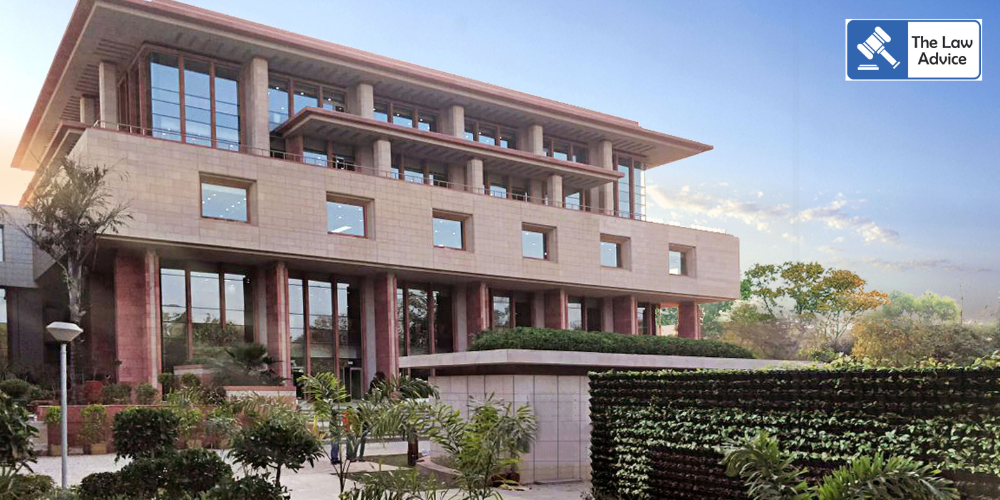
The Delhi High Court has imposed a cost of ₹25,000 on a litigant, Krishna Devi, for filing a revision petition intended to stall the final adjudication of a 21-year-old property dispute currently at the stage of final hearing before the trial court.
Justice Tara Vitasta Ganju dismissed the plea filed by Devi—who is the respondent in the underlying suit—challenging the trial court’s order that had rejected her application under Order VII Rule 11(d) of the Code of Civil Procedure (CPC). The Court found that the plea was frivolous and aimed solely at delaying the proceedings.
The original suit was instituted in 2004 seeking a declaration that a sale deed dated May 14, 2003, was null and void, along with a direction for dispossession of the respondent from the disputed property.
In her application before the trial court, Devi contended that the plaint was barred by limitation, arguing that it referred to a sale deed from 1961, thereby rendering the claim time-barred. However, the opposing side argued that the relevant sale deed was executed in 2003, and that Devi’s application was a tactical move to prolong the litigation.
Earlier, on September 19, the High Court had granted an adjournment to Devi on the condition that she pay ₹15,000 as costs to the respondent. However, this direction was not complied with, which further reflected, according to the Court, an intention to obstruct the timely conclusion of the matter.
The respondent submitted that Devi’s application was confined only to Order VII Rule 11(d)—relating to a bar of limitation—and that she could not introduce fresh grounds before the High Court under Order VII Rule 11(a) (non-disclosure of cause of action).
Agreeing with this position, Justice Ganju observed:
“Since no challenge on the ground under Order VII Rule 11(a) of the CPC was taken by Devi in her Application, the challenge before the High Court could not be sustained.”
The Court emphasized that while a plea under Order VII Rule 11 CPC can technically be raised at any stage of the proceedings, invoking it at such a late stage—after completion of evidence and when the matter is fixed for final arguments—clearly indicated an attempt to delay the outcome.
Justice Ganju noted:
“No doubt, an application under Order VII Rule 11 of the CPC can be filed at any stage of the proceedings, however, in a suit which was originally filed in 2004, where the evidence of both the parties has been concluded and the matter is at the stage of final arguments, an application under Order VII Rule 11 of the CPC can but only be filed to delay the adjudication of the suit.”
The Court further held that prima facie, the plaint did not appear to be barred by limitation, since it pertained to a sale deed of 2003, not 1961, and thus warranted adjudication on merits.
Clarifying that this issue will be examined by the Trial Court during final disposal, Justice Ganju remarked:
“From a perusal of the Plaint and the documents filed along with the Plaint, it cannot be said on a demurrer that the Plaint is barred by limitation. The Petition is accordingly dismissed.”
Finally, the Court clarified that it had not expressed any opinion on the merits of the dispute and that the rights and contentions of the parties remain open to be argued before the trial court. The High Court’s decision thus seeks to curb abuse of procedural provisions aimed at derailing the judicial process in long-pending civil suits.
Case Title: Krishna Devi v. Amolak Singh (Now Deceased) Through His LRs
Website designed, developed and maintained by webexy